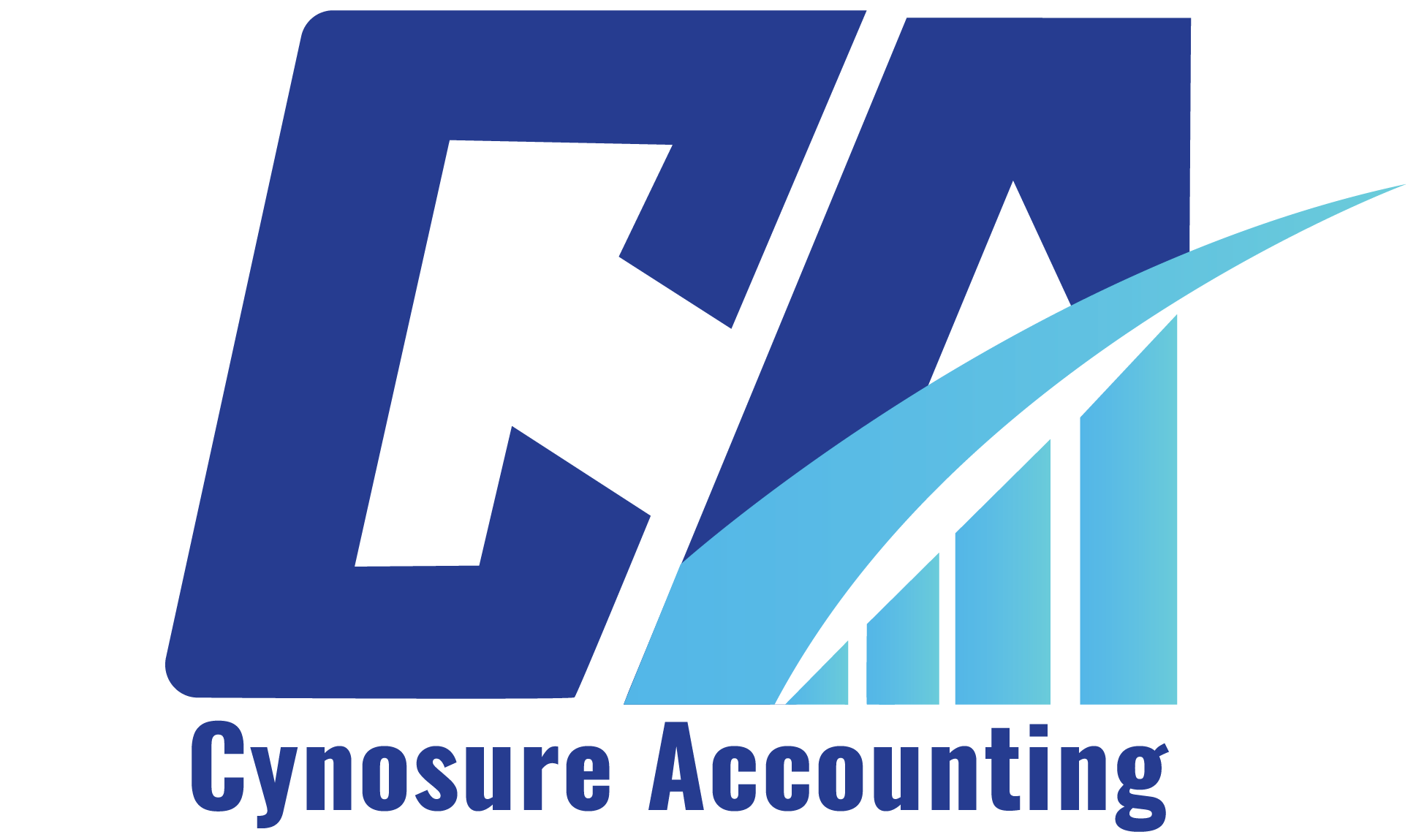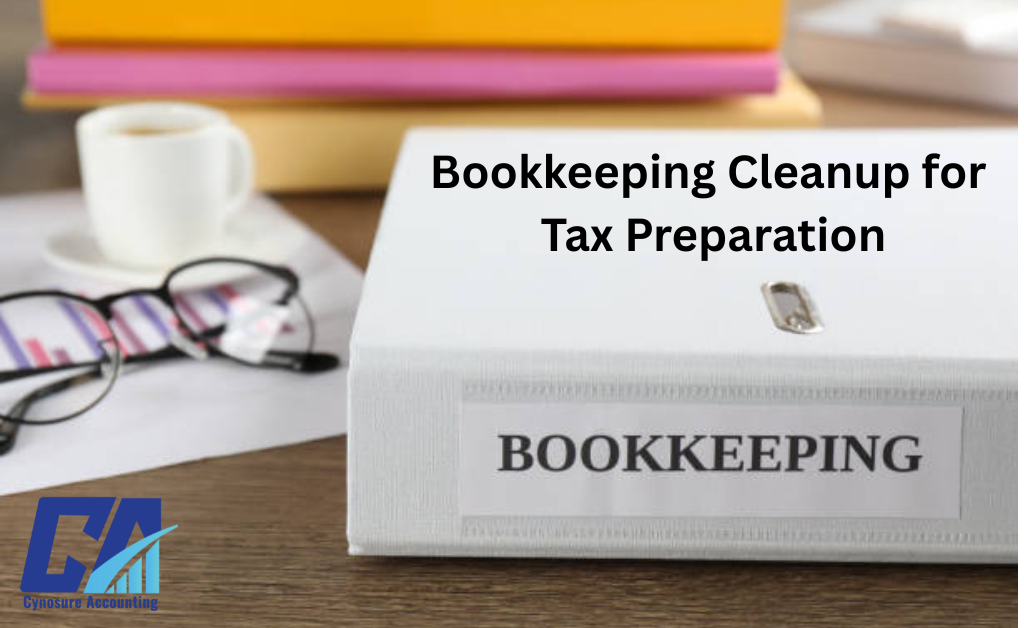When tax season rolls around, your books should be ready. But for many small business owners, freelancers, and side hustlers, that’s far from the case. Papers are scattered, receipts are missing, and accounting software hasn’t been opened in months. That’s where a proper bookkeeping cleanup for tax preparation comes in—it’s the key to reducing errors, catching deductions, and filing on time.
Whether you’re using QuickBooks, Xero, or TurboTax, getting your finances in order before filing Form 1040 or preparing Schedule A can make or break your return.
Why Bookkeeping Cleanup for Tax Preparation Is So Important
Your bookkeeping isn’t just about keeping records—it’s the foundation for your entire tax preparation process. When your numbers are off, your tax return will be too. A proper bookkeeping cleanup for tax preparation helps make sure everything adds up and puts you in a better position to avoid penalties or missed deductions.
Missed Deductions Cost You Money
When your books are a mess, you might forget to claim key write-offs—like software subscriptions, invoicing tools, student loan interest, or even business-related Amazon purchases.
Late Filings Can Lead to Fees
Filing late? The IRS charges penalties and interest. Getting your books cleaned up means you can file faster, especially if you’re expecting a tax credit or refund.
A Practical Bookkeeping Cleanup Plan for Tax Preparation
Here’s a realistic, easy-to-follow checklist that breaks down the bookkeeping cleanup for tax preparation process into manageable steps.
Step 1: Reconcile All Bank Accounts
Start by making sure your bank and credit card accounts match your books. Use your QuickBooks or Intuit dashboard to help automate this process.
Step 2: Review and Match Invoices
Ensure that all invoices are either marked as paid or properly written off. This helps align your income records with what you’ll be reporting to the IRS.
Step 3: Clean Up Expense Categories
Go through your uncategorized expenses. Assign proper labels—this is critical for tax deductions and makes your bookkeeping cleanup for tax preparation much smoother.
Step 4: Handle Payroll and Contractors
Record any payroll you’ve run, and verify that you’ve tracked all 1099 contractors. Don’t forget to include fees paid to payroll software providers.
Tools That Support Bookkeeping Cleanup for Tax Preparation
Using the right software can make the process faster:
- QuickBooks: Great for tracking income, expenses, and reconciling accounts
- Xero: Simple and clean interface for smaller businesses
- TurboTax: Easy tax filing if your books are already in shape
- Intuit Payroll: Manages taxes and deductions for employees
You don’t have to do everything manually. Software like these streamline the bookkeeping cleanup for tax preparation process, helping avoid manual entry mistakes and lost receipts.
Watch Out for These Common Mistakes
Even with a plan, some errors slip through:
- Mixing personal and business expenses
- Forgetting to record income from platforms like Amazon
- Not logging cash payments
- Overlooking sales tax obligations
Spotting these early during your bookkeeping cleanup for tax preparation will save you stress when it’s time to file.
Final Checks Before You File
Once your books are clean, do one last review:
- All accounts reconciled
- Income and expenses categorized
- Payroll and contractor payments recorded
- Sales tax collected and paid
- Terms and pricing match your income reports
- Deductions and tax credits reviewed
Clean books now mean fewer issues later, whether you’re filing taxes yourself or working with a CPA.
A solid bookkeeping cleanup for tax preparation isn’t just about getting ready for the IRS. It’s about knowing where your money is going, improving your decisions, and setting up your business for better growth. Start your cleanup early, stay consistent, and don’t hesitate to call in a professional bookkeeper if things feel too far gone.

